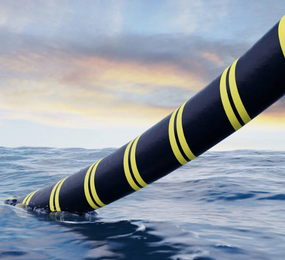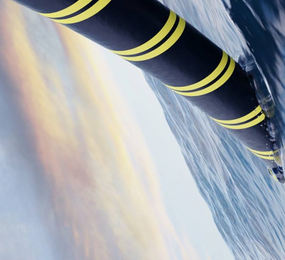The biopharmaceutical industry is motivated by the need to expand production, lower costs, and preserve product quality; as a result, it has become increasingly focused on process intensification.
The industry of biopharmaceuticals is fundamentally complicated. Increased demand for allogeneic products, therapeutic proteins like antibodies, and vaccines, on the other hand, necessitates large-scale production of high-quality products. This is in contrast to the rising adoption of personalised therapies, such as autologous cell therapies, which require extremely small batches and manufacturing flexibility. Although batch manufacturing is a well-established manufacturing doctrine that offers process flexibility and necessitates less exact and robust controls, it is somewhat inefficient for the larger-scale production needs of the modern biopharmaceutical industry because it increases complexity and, consequently, costs. But with continuous manufacturing, you can make low-cost, high-quality biopharmaceuticals with streamlined processes and a smaller manufacturing facility footprint.
Given all these benefits, it is not surprising that the use of CM in biopharmaceuticals has sparked a growth in interest among scientists and a rise in pharmaceutical companies' investments. Production of pharmaceutical and food substances has adopted continuous processes. Commercial production frequently uses continuous purifying technologies. Processes for continuous perfusion (cell culture) have also been in use for a while. Technology is now available for the remaining upstream and downstream unit operations.
Nevertheless, there are challenges of downstream continuous biomanufacturing. Some of which are; rising titers and facilities, regulations compliance, R&D, control strategy, technology available on the market, and approaches to validation and quality.
Come hear our speakers discuss the potential advantages of implementing continuous bioprocessing and manufacturing as a method of process intensification on March 28–29, 2023 at the International Bioprocessing and Biologics Forum in Berlin, Germany. They will also discuss the state of continuous process implementation at the moment and some ongoing challenges.
To register or learn more about the Forum please check here: https://bit.ly/3zxguXW.
For more information and group participation, contact us: [email protected]
















